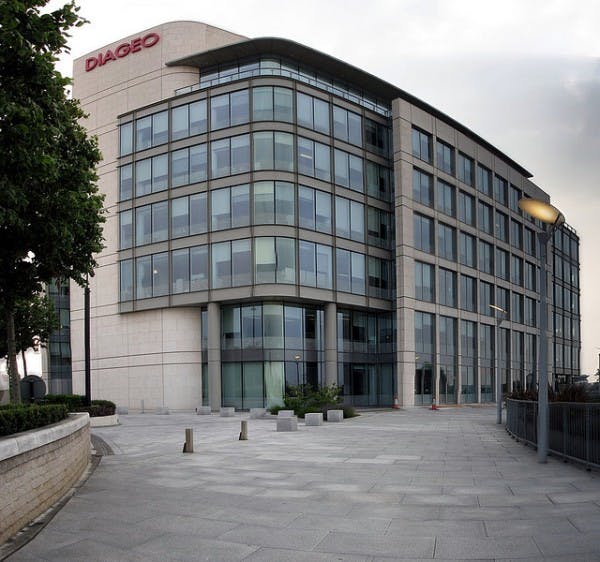As I wrote in my fixedincomenow blog, two weeks ago I decided to carry on an experiment. It all started when I went to the supermarket and I was there for over an hour buying different goods, from food and beverages to cleaning items. I found myself buying brands I trusted only when I was buying beverages (both alcoholic and non-alcoholic) and packaged foods. Only for those items, and for my very expensive Italian toothpaste, was I willing to pay a considerable price premium. All the other items I chose were picked according to price. I cared the least about cleaning items. Actually, the supermarket I went to has its own line of cleaning products, and I ended up buying those. The price tag for unbranded cleaning products was 70% of those branded by the likes of Unilever N.V. (ADR) (NYSE:UN). As a result of my experience, I started looking for surveys and, above all, asking friends and family about their “supermarket behavior.” The results were equivalent to those I had gotten in my own “supermarketexperience.”

Brands are really important when the products we buy are ones that either (a) are going to be seen or shared with peers, or (b) carry a strong branding identity, as we often identify ourselves with the brand. Hence, I will never buy a non-branded whiskey, but I am more than willing to switch to a non-branded bathroom cleaner if I’m offered a discount, even a slight one. This has strong implications; some great Consumer Goods Companies (CGC), such as Unilever, have weaker business mottos than other CGCs like the world’s liquor champion, Diageo plc (ADR) (NYSE:DEO). As a result, Unilever’s expected cash flows should be priced at a lower multiple than those expected for Diageo.The Unilevers of the world base their businesses on strong global distribution networks that they own, but they’re also vulnerable to the power that retailers can exercise over them. The reason is straightforward – a good percentage of their costumers would easily switch to non-branded goods if they became available. Meanwhile, Diageo plc (ADR) (NYSE:DEO), or the beer giant Anheuser-Busch InBev NV (ADR) (NYSE:BUD) produce products that are tougher to replace by retailers and, therefore, the company’s negotiation power should be stronger.
Current valuations and branding power
Looking at EV/EBITDA, multiples can be quite effective when we want to take a look at valuations within comparable businesses. I would group Unilever with Colgate Palmolive (NYSE:CL) and Procter & Gamble (NYSE:PG) . The 2013 EV/EBITDA multiple for this group is 13x, 12.5x and 12.5x. The group’s P/E multiple trades at around 20x and all three companies pay a cash dividend yield between 2.3% and 3%. Meanwhile, companies that I would call “brand strong,” such as Diageo plc (ADR) (NYSE:DEO), AB InBev or the mighty Coca-Cola (which might be the strongest of all), trade at 2013 EV/EBITDA multiples of 14.5x, 12.6x and 14x. Their 2013 expected P/E is also around 20x and they pay an average cash dividend yield of 2.4%, versus 2.8% for the former group.
Conclusions
The market seems to be recognizing some valuation premium for companies that are more focused on selling branded products. But, is the current valuation premium enough? It’s tough to say what would be a fair premium, but it’s relevant to keep in mind that a difference exists for a reason. Brands give pricing power, and that fact should be recognized by valuation multiples. If a company has great distribution and brands that people identify with, its future cash flows are safer than those at companies that only have great distribution networks. If you are looking into CGCs, you should keep this difference in mind. In the long term, it might make a huge difference in your portfolio. Again and again, I repeat, “Value is what you get and price is what you give.” Try to get the most for your money!
The article Investment Insights From The Grocery Store originally appeared on Fool.com and is written by Federico Zaldua.
Copyright © 1995 – 2013 The Motley Fool, LLC. All rights reserved. The Motley Fool has a disclosure policy.
